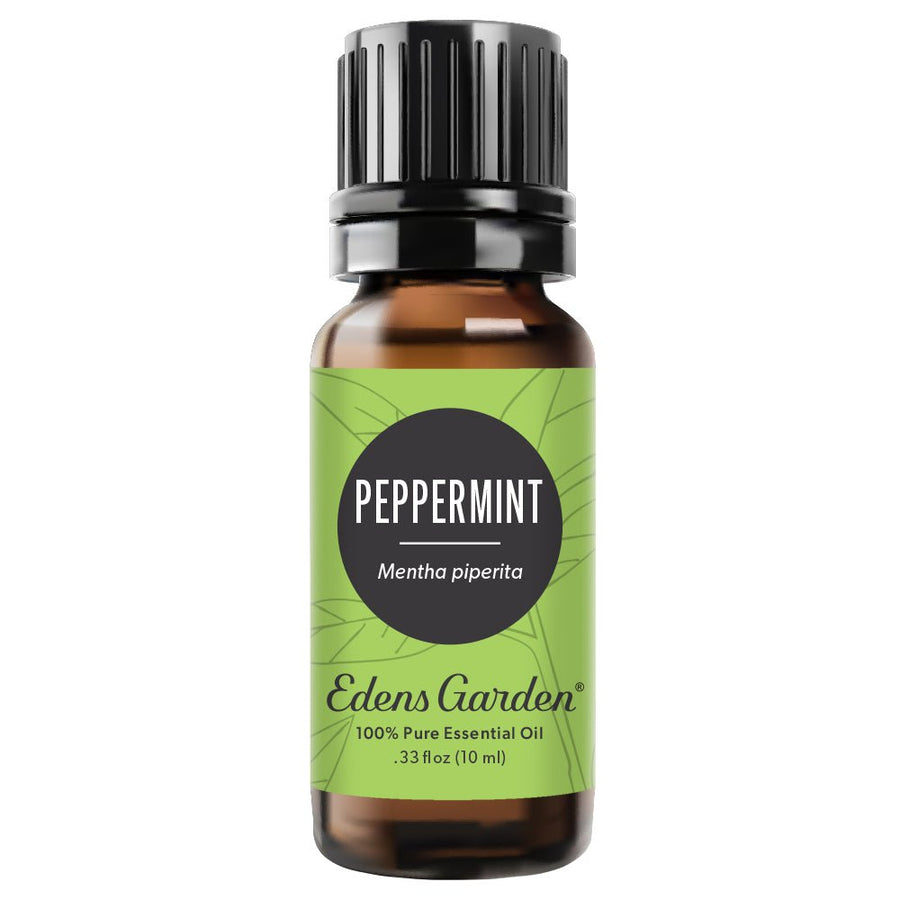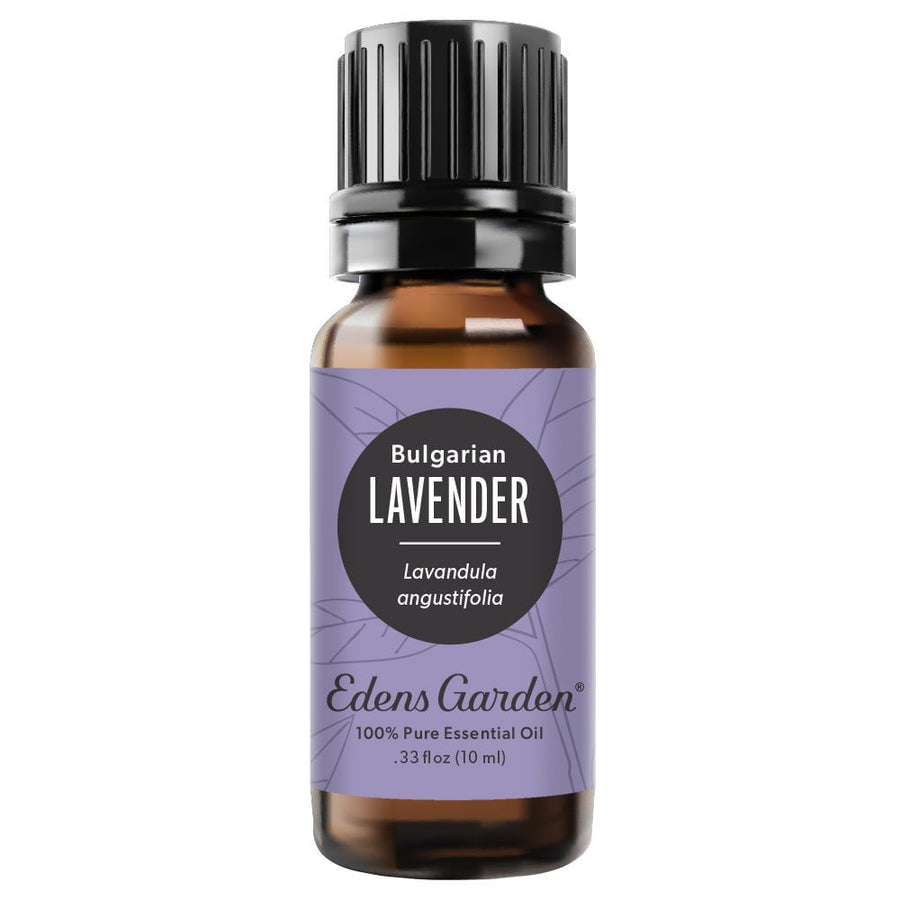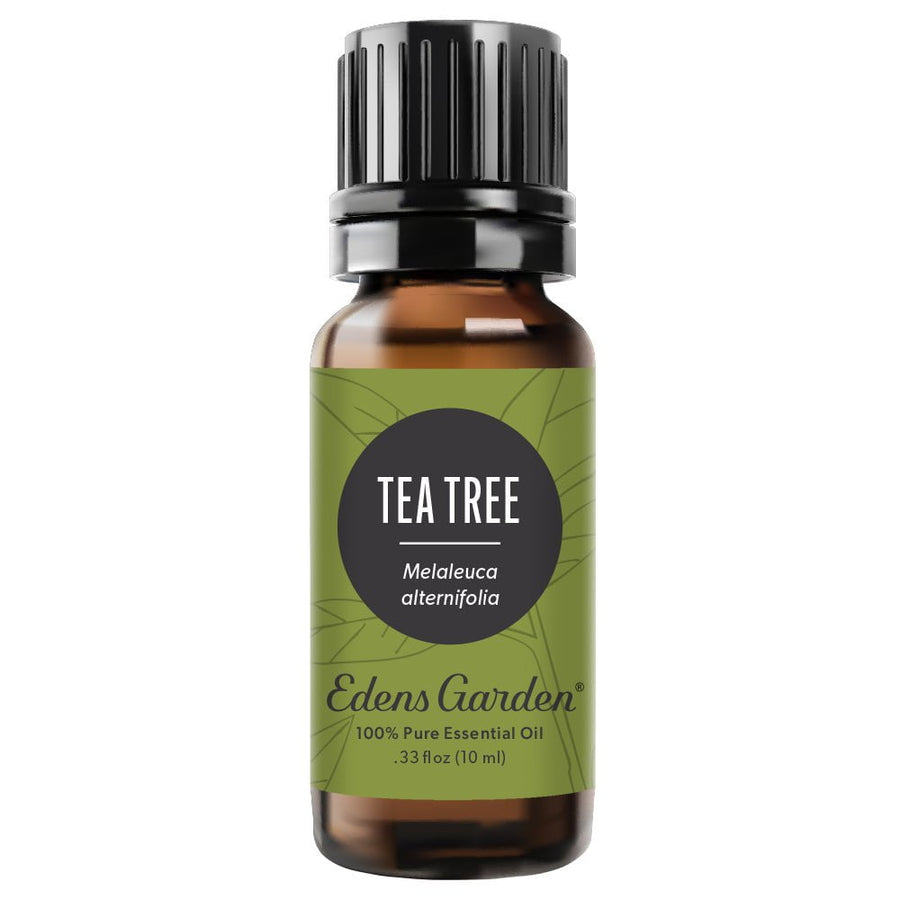Can I Use Essential Oils As Sanitizers?

Recent events have reminded the world of just how important hand hygiene is. The CDC recommends frequently washing your hands with soap and water and using a hand sanitizer when soap and water are unavailable to prevent and slow the spread of germs.
The question on the minds of many essential oil users is, Can I use essential oils as sanitizers? Studies have shown that many essential oils offer antibacterial, antifungal and antiviral properties, but is it enough to replace your hand sanitizer? We answer these questions and more in this short guide.
What Do Sanitizers Do?
Many commercial hand sanitizers kill up to 99.9% of common germs and bacteria, thus preventing sickness and disease. Most sanitizers are made with high concentrations of alcohol. These sanitizers work by drying the outer layer of a germ, breaking down its shell and thus instantly killing the germ.
Antimicrobial Essential Oils
Studies have shown that essential oils such as Lemon oil, Rosemary essential oil and Cinnamon Bark have certain antimicrobial properties. Prominent antimicrobial essential oils include Tea Tree oil, Peppermint oil, Eucalyptus oil and Lavender oil.
Tea Tree Essential Oil
The earth is rich with natural healing power and there may be no better example of this than Tea Tree essential oil. Here’s what studies have shown about Tea Tree oil’s antimicrobial activity.
-
An in vitro study showed that Tea Tree oil stopped HSV-1 from multiplying by 96% in a concentration as low as .002 ml.
-
A randomized, placebo-controlled study showed that a gel containing 6% Tea Tree oil repaired a cold sore faster than the placebo.
-
Tea Tree oil was shown to be useful in preventing viral uncoating of influenza (which inhibits viral replication), stopping the spread of the flu.
Peppermint Essential Oil
Peppermint’s cool and clearing aroma is refreshing with minty layers of sweetness. Along with its pleasant aroma, it is uniquely therapeutic in the following ways:
-
In a diffusion test, Peppermint essential oil inhibited several types of bacteria including E. coli.
-
Peppermint oil was added to a fluid suspension along with HSV-1 and HSV-2. The test found that Peppermint oil was able to inhibit the viruses before adsorption.
-
Peppermint oil was added to fruit juices to prevent yeast growth. The study showed that Peppermint oil strongly inhibited yeast growth in some juices and made no difference in others.
Eucalyptus Essential Oil
Eucalyptus has a minty, vibrant and refreshing aroma that is a common ingredient in cold care products, chest salves and inhalants. Here’s why:
-
In an in vitro test, Eucalyptus was found to inhibit HSV-1 by inactivating free virus particles.
-
Eucalyptus has been found to be antibacterial against common mouth bacteria. Therefore, its primary component 1,8- cineole, is found in different mouthwashes including Listerine Cleanmint and Listerine Freshmint.
-
A study exhibited the antibacterial effects of Eucalyptus globulus against different types of bacteria and found that it was toxic to E. coli and S. aureus.
Lavender Essential Oil
Likely one of the most popular essential oils of all time, Lavender essential oil has an enchanting natural chemistry that exhilarates the mind and body. It’s also proven to be therapeutic in these ways:
-
Lavender oil alone was not significantly antibacterial against MRSA strains but did enhance the antibacterial potential of traditional antiseptics.
-
Similarly, Lavender oil was found to work in synergy with other common antimicrobial agents against bacteria and yeast in an in vitro study.
-
Lavender oil was found to be bactericidal against isolated, common bacteria borne from pet turtles, including bacteria often resistant to common antimicrobials.
Can I Use Essential Oils As Sanitizers?
Science shows us that essential oils have many natural antibacterial properties. But unlike alcohol-based hand sanitizers which kill a broad spectrum of germs and bacteria, individual essential oils only affect certain types of germs and bacteria. While it may be possible to kill a large number of harmful bacteria with a synergy of antimicrobial essential oils, it’s impossible to kill up to 99.9% of them like traditional sanitizers.
Furthermore, essential oils oftentimes only affect certain stages in a germ’s lifespan, but not all stages. For example, Tea Tree has been shown to prevent the flu virus from multiplying, but it’s unable to interfere with the flu virus in the early and late stages of its lifespan. So while Tea Tree may be helpful in managing the flu, it can’t kill the flu virus altogether like a sanitizer.
Therefore, we do not suggest using essential oils in place of a traditional hand sanitizer to kill germs and prevent the spread of sickness and disease.
What Can I Use To Sanitize?
Edens Garden’s Hand Sanitizer Spray kills 99.9% of germs, is FDA-compliant, sleek enough to take on-the-go and we didn’t skimp on designing it to be beautiful and eye-catching. Its 80% alcohol content makes it incredibly effective at disinfecting hands to safeguard your health.
We also added vegetable glycerin to our sanitizer formula to prevent skin from feeling overly dry after application. Still, if your hands do feel dry after sanitizing, use a moisturizing carrier oil such as Jojoba oil or Coconut oil, to leave your hands feeling silky smooth.
Sources:
- Doug. “How Does Hand Sanitizer Kill Germs?” Mystery Doug, mysterydoug.com/mysteries/germs-sanitizer. Accessed 15 Apr. 2021.
- Wińska, Katarzyna. “Essential Oils as Antimicrobial Agents—Myth or Real Alternative?” PubMed Central (PMC), 1 June 2019, www.ncbi.nlm.nih.gov/pmc/articles/PMC6612361.
- Garozzo, A. “Activity of Melaleuca Alternifolia (Tea Tree) Oil on Influenza Virus A/PR/8: Study on the Mechanism of Action.” PubMed, Jan. 2011, pubmed.ncbi.nlm.nih.gov/21095205.
- Kwiatkowski, Paweł. “The Antibacterial Activity of Lavender Essential Oil Alone and In Combination with Octenidine Dihydrochloride against MRSA Strains.” PubMed Central (PMC), 1 Jan. 2020, www.ncbi.nlm.nih.gov/pmc/articles/PMC6982929.
- Rapper, De Stephanie. “The In Vitro Antimicrobial Effects of Lavandula Angustifolia Essential Oil in Combination with Conventional Antimicrobial Agents.” Hindawi, 6 Nov. 2016, www.hindawi.com/journals/ecam/2016/2752739.
- Hossain, Sabrina. “Antibacterial Activity of Essential Oil from Lavender (Lavandula Angustifolia) against Pet Turtle-Borne Pathogenic Bacteria.” PubMed Central (PMC), 1 Sept. 2017, www.ncbi.nlm.nih.gov/pmc/articles/PMC5645596.
Grab The Essentials Here:
Leave a comment (Comments will be approved before showing up)
4 comments
Edens Garden
Hi Angel! Again, essential oils can help to rid germs in a small way but they are not broad spectrum like traditional sanitizers. Furthermore, an insect deterrent like Raid is likely not going to kill germs–in other words, just because you can rid your space of cockroaches with an essential oil spray does not mean that an essential oil spray will be an effective sanitizer 😉
Angel Ramos
I would like and appreciate it indeed if you could comment on this by email, so that probably I could understand what is happening.
I mix about 50 drops of peppermint oil and a little less of clove oil in a 16 ounce bottle with water. I make it very strong. This I use to get rid of roaches when I see them hanging around where they are not supposed to be seen. As soon as I see them I jet stream on them for maybe 2 to 3 seconds and they flip on their backs and at that moment something semi liquid is expelled from their bodies. I consider it to be their feces. I don’t know. But this is my question to you. If that combination can rid roaches in this situation and moment why can’t germs, viruses etc. can’t be successful alike?
Tanya Greteman
Loved. theses oils. I used them a lot until I found out most were poison to cats.








Raymond Kramer
May 31, 2022 at 1:27 pm
Thanks for explaining some things about the Blue Safety Hand Sanitizer Gel. I’m glad you explained you should learn if they participate in the <a href= https://99fab.com/products/blue-safety-55ml-hand-sanitizer-gel-75-alcohol-antibacterial-quick-dry > Blue Safety Hand Sanitizer Gel . I’m kind of interested to learn more as to what this participation would entail.